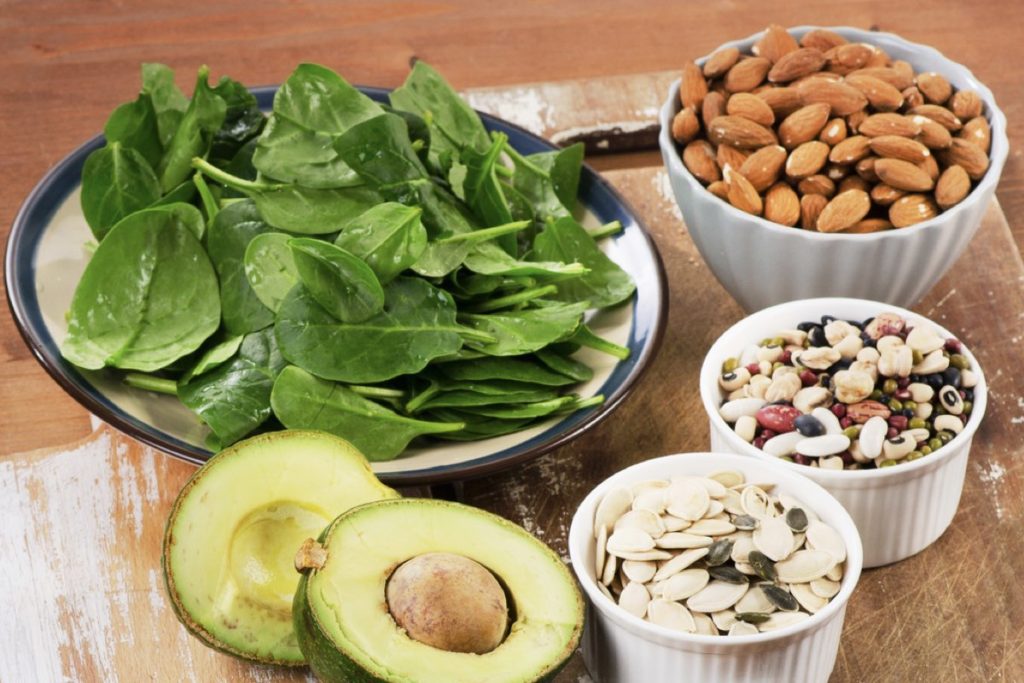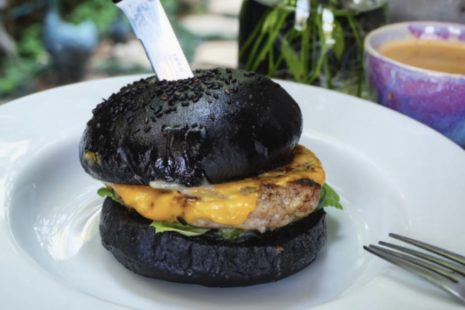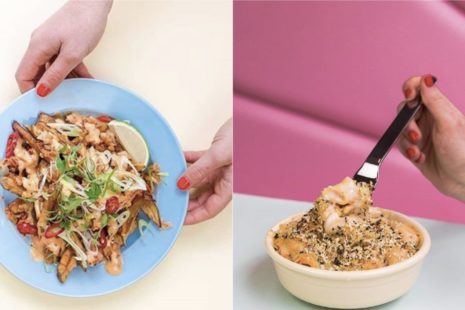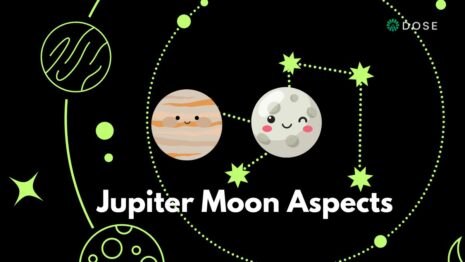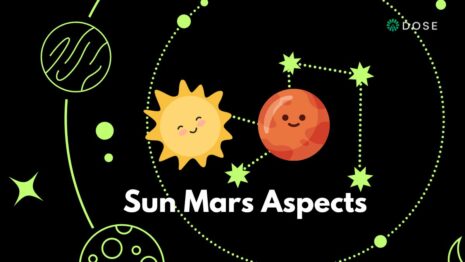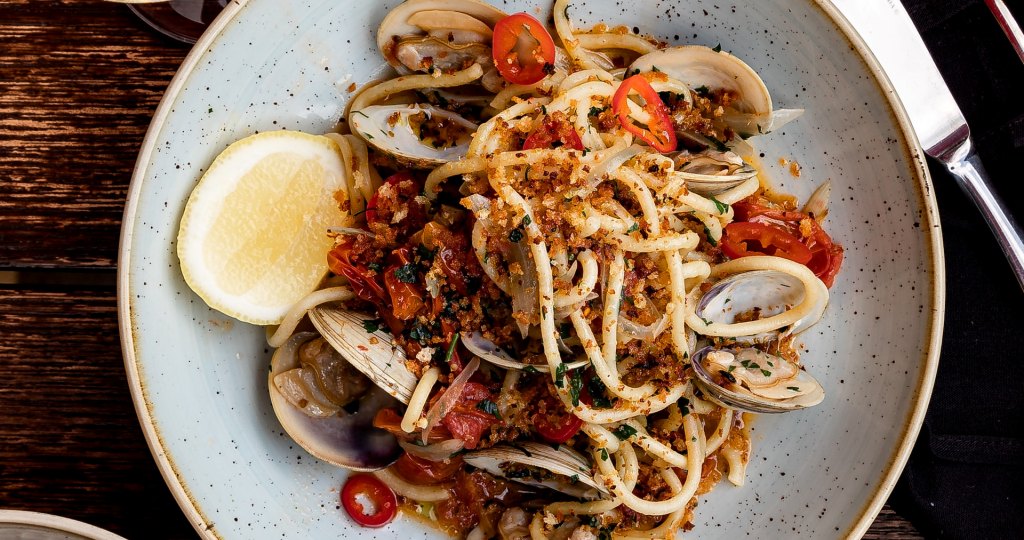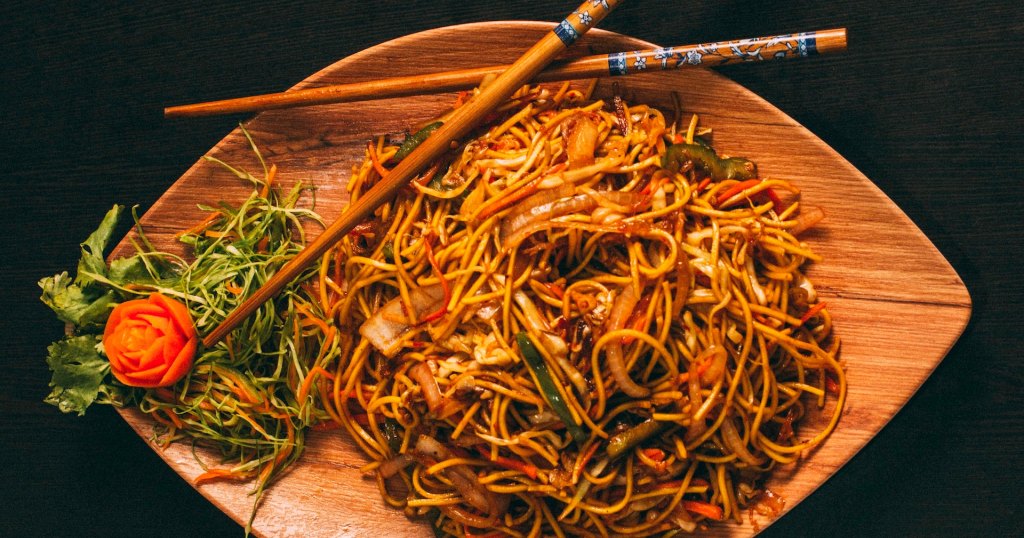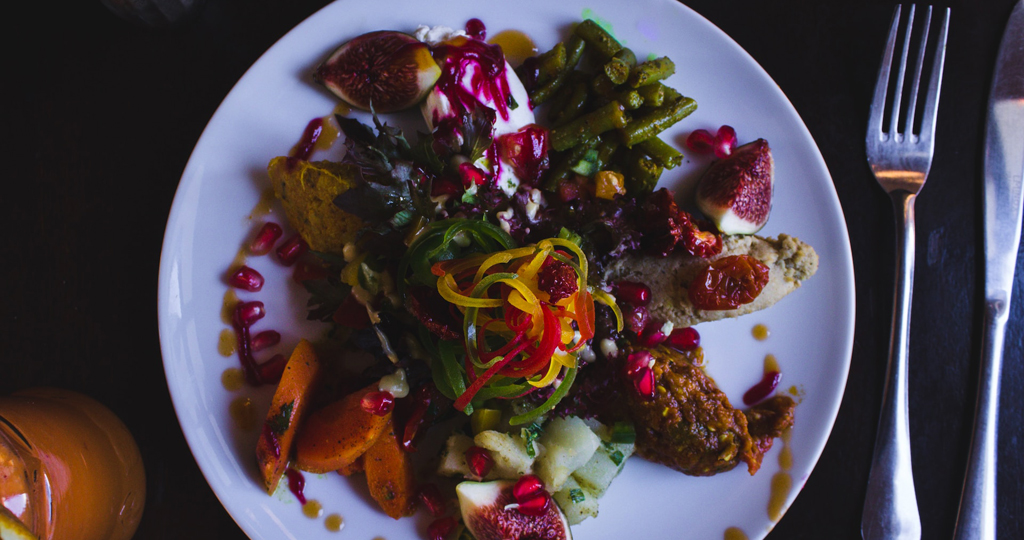Did you know that over-exercising can lead to an increased risk of inflammation, free cortisol and the number of free radicals within the body? We’re joined by Nutritionist Jenna Hope who advises us on which nutrients we should pack into our diet to offset the effects…
Like most things in the world of health and nutrition there are pros and cons of everything. Much to your surprise exercise is included in this. Exercise is highly beneficial for mental health, cardiovascular health, weight management and metabolic health among many other conditions. It can also be a very social activity for a change to a typical dinner however, this can also make it extremely easy to over-exercise. Over-exercising can lead to an increased risk of osteoporosis, inflammation, free cortisol and the number of free radicals within the body. Excess free radicals contributes to oxidation, cell damage and cell death.
For individuals who exercise regularly particularly at high intensities it is important to ensure that they’re nutrient replete to help reduce the risks of deficiencies. Furthermore, certain antioxidants can help to reduce the effects of the free radicals. The antioxidants donate an extra electron from their other shell to the stabilise the otherwise unstable free radicals.
Nutrients which play a role in reducing the effects of intense exercise include:
Magnesium
This micronutrient plays a key role in over 300 processes in the body. Research has suggested that magnesium can aid muscle recovery as it promotes protein generation from amino acids and helps with muscle and nerve relaxation. Magnesium can also aid performance as it promotes glucose delivery to active muscles during exercise. Dietary sources of magnesium include: green leafy vegetables, almonds, meat and fish.
Vitamin D
Vitamin D helps to improve immune function following intense exercise, vitamin D also contributes to a skeletal function as excess exercise can gradually damage the skeleton. Typically Vitamin D is synthesised from sunlight exposure as dietary sources are limited. In the UK during the winter months there is not enough sunlight exposure consequently much of the UK population are deficient in Vitamin D. It is recommended to supplement with Vitamin D during the winter months in the UK.
Vitamin E
This nutrient is an antioxidant which helps to reduce inflammation and oxidative stress however, some findings have suggested that high doses of Vitamin E supplementation may actually attenuate oxidative stress and inflammation. It is recommended to ensure you’re consuming a wide range of dietary sources to ensure the dose is not too high. Dietary sources include: almonds, spinach, sweet potato, sunflower seeds, butternut squash and trout to name a few.
Zinc
Zinc status depletes significantly during intensive aerobic exercise, as a result it is essential that you replace the zinc following exercise as it plays a key role in growth, reproduction and immune function (which can be affected by high intensity exercise if nutrients are not replete). Dietary sources of zinc include: red meat, poultry and whole grains.
Selenium
Selenium is another antioxidant which plays a role in utilising proteins, reducing inflammation and boosting immune function. Protein is essential in order to repair and recover after a highly intensive workout. Selenium can help to improve the use of these proteins in the form of selenoproteins. Foods high in selenium include: brazil nuts, oysters, beef liver and fish.
There you have a small number of examples of nutrients which are essential in the recovery after intense exercise. It is recommended that you obtain these nutrients through the diet where possible. Be aware that protein and sodium intake should also be considered following a highly intensive workout.
By Jenna Hope, Nutritionist (ANUTR), MSC, BSC (HONS)
Sources: Nieman, D. C., & Mitmesser, S. H. (2017). Potential impact of nutrition on immune system recovery from heavy exertion: A metabolomics perspective. Nutrients, 9(5), 513.
